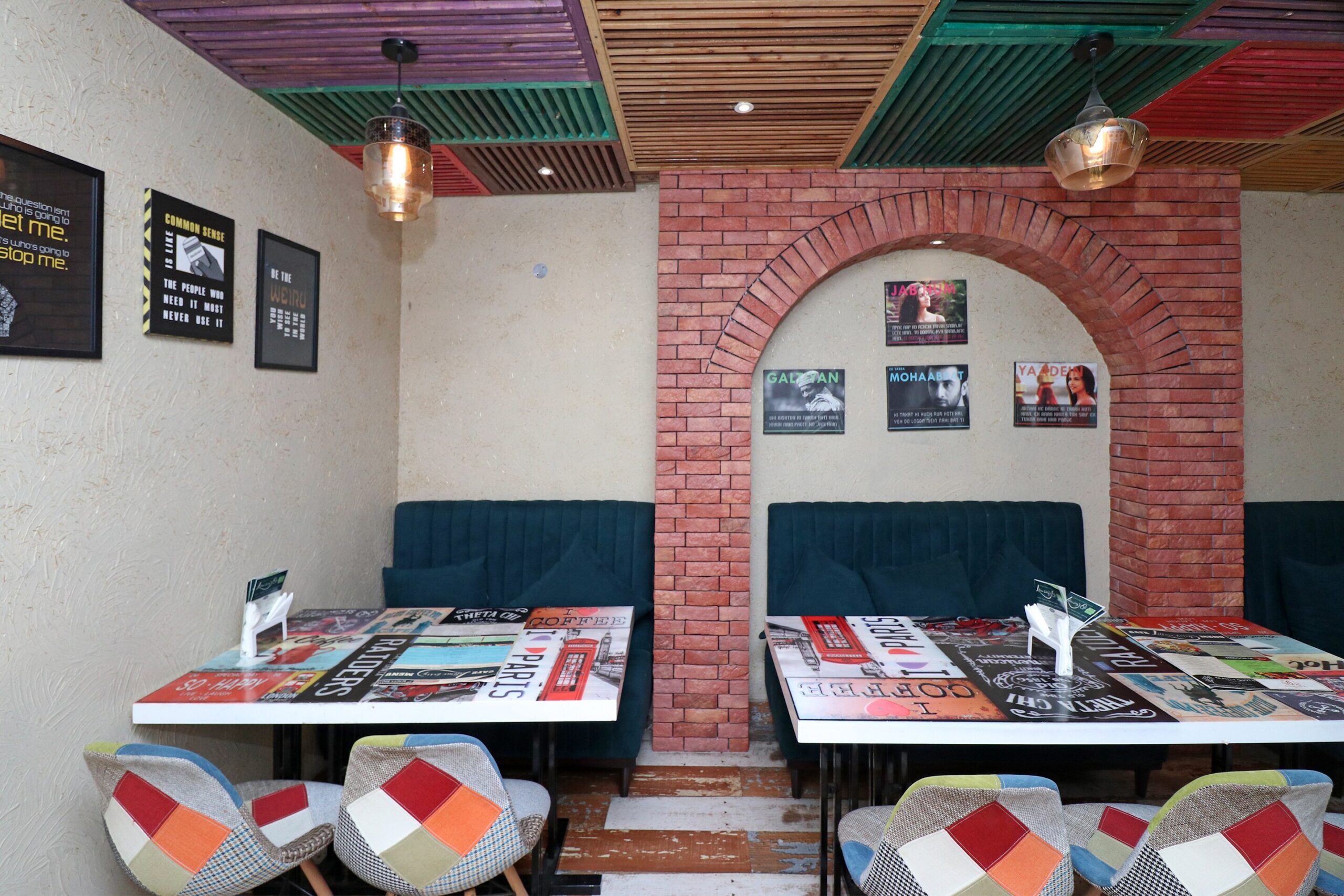Qena
WELCOME TO Qena
Province Overview
Qena
10,220 km2
3.2 million
Arabic
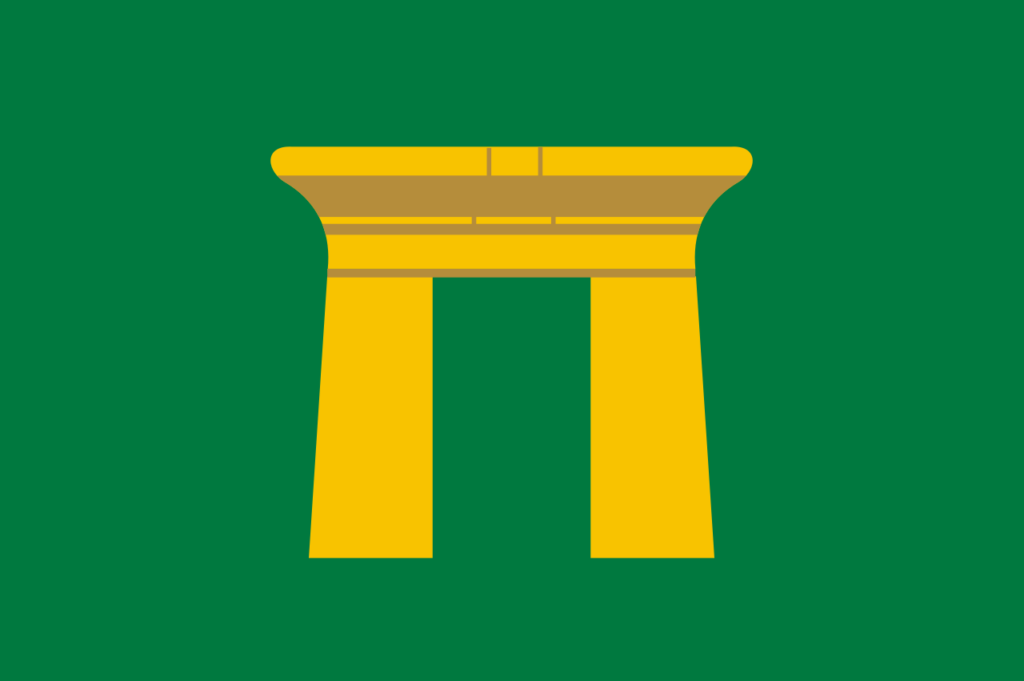
Popular
Geography and Tourist Attractions
Information about the province's tourist attractions, including popular destinations, events, and activities.
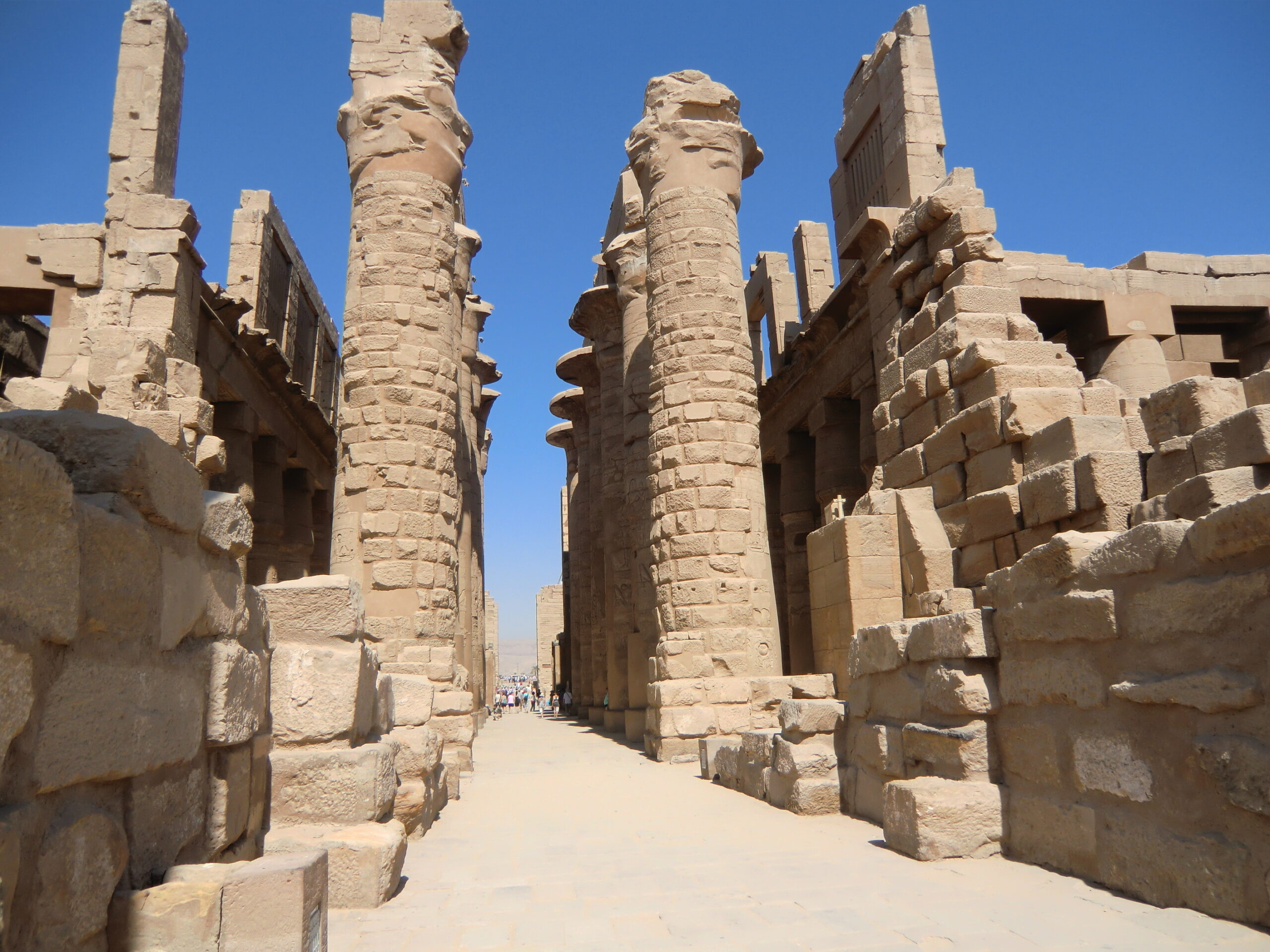
Temple of Karnak

Valley of the Queens
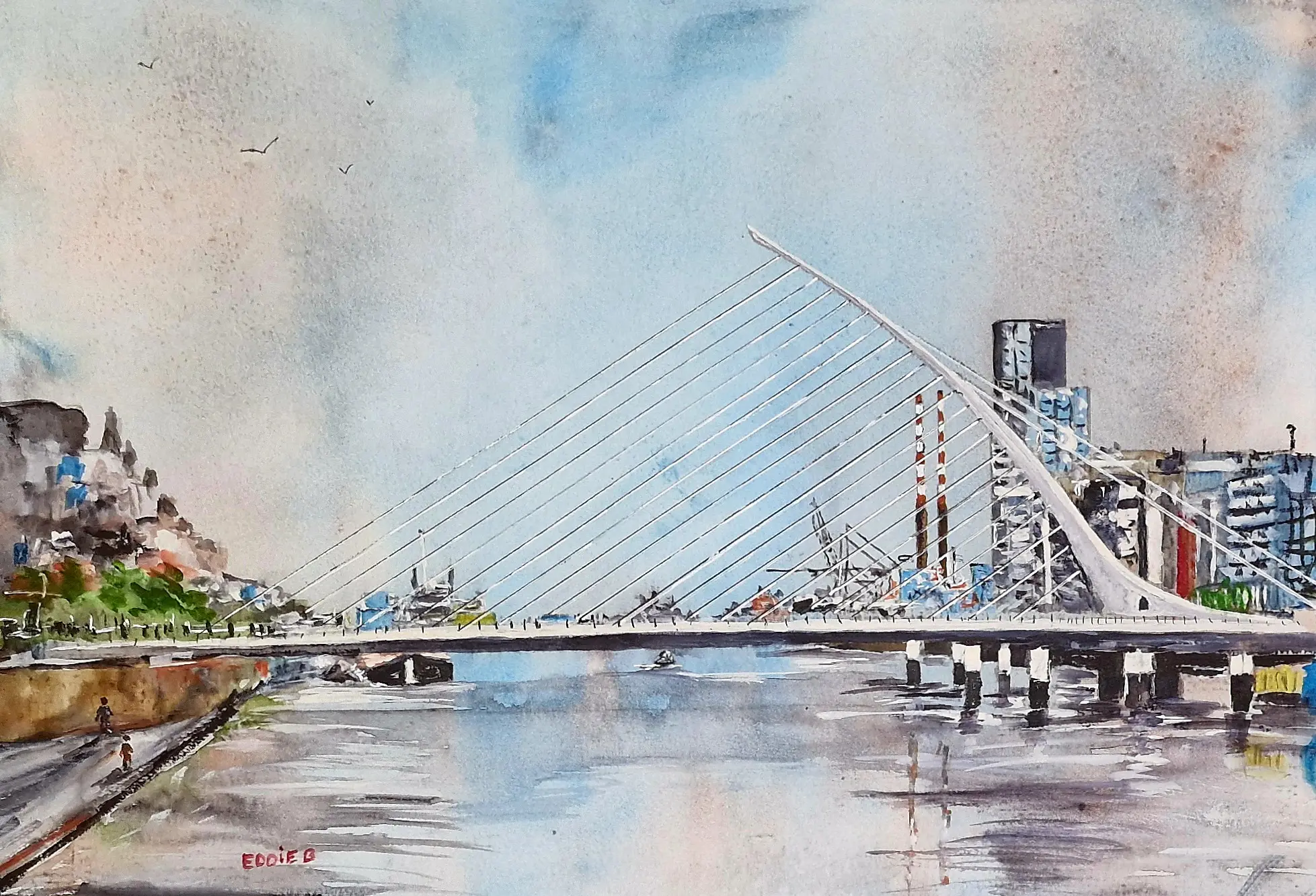
Qena Suspension Bridge
Political
Economy and Government
The province of Qena in Egypt has an economy primarily driven by agriculture, industry, and tourism. Agriculture plays a significant role, with fertile lands along the Nile River supporting the cultivation of crops such as sugarcane, cotton, and vegetables. The province is also known for its pottery and carpet industries, contributing to local employment and economic growth.
In recent years, tourism has emerged as an important sector in Qena. The province is home to several iconic historical and cultural sites, including the Temple of Karnak and the Valley of the Queens, attracting a significant number of domestic and international tourists. This influx of visitors boosts the local economy, creating job opportunities and supporting businesses in the hospitality and service sectors.
Qena's government operates under the governance structure of the Egyptian central government. The province is led by a governor appointed by the President of Egypt. The governor is responsible for overseeing the administration, public services, and infrastructure development within the province. Local government authorities work in collaboration with various departments and agencies to address the needs of the residents, promote economic development, and enhance the overall quality of life in Qena.
Efforts are also made to improve healthcare, education, and transportation infrastructure to ensure the well-being of the population and facilitate economic progress.

History
History and Culture
The province of Qena in Egypt has a rich history and vibrant cultural heritage that dates back thousands of years. Qena has been an integral part of ancient Egyptian civilization, with numerous archaeological sites and monuments that tell the story of the region's past.
The province is home to iconic historical sites such as the Temple of Karnak and the Luxor Temple, which were centers of religious and cultural significance in ancient Egypt. The Valley of the Queens, with its beautifully decorated tombs, provides insights into the lives and beliefs of royal women during the New Kingdom period.
Qena also has a strong Islamic heritage, with mosques and religious landmarks that reflect the influence of Islamic architecture and traditions. The city of Qena itself is known for its bustling markets, where traditional crafts, such as pottery and carpet weaving, are still practiced.
Cultural festivals and celebrations are an integral part of Qena's identity. The city hosts events that showcase traditional music, dance, and folklore, allowing visitors to experience the vibrant cultural traditions of the region.
Qena's history and culture are intertwined, creating a tapestry of ancient and contemporary influences. Preservation efforts and cultural initiatives aim to safeguard the province's heritage and promote its unique identity to both locals and tourists.
HOTELS

Hilton Luxor Resort & Spa
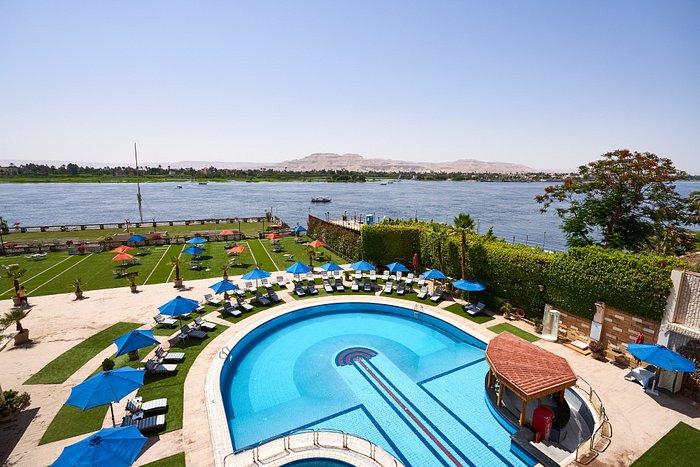
Sonesta St. George Hotel Luxor
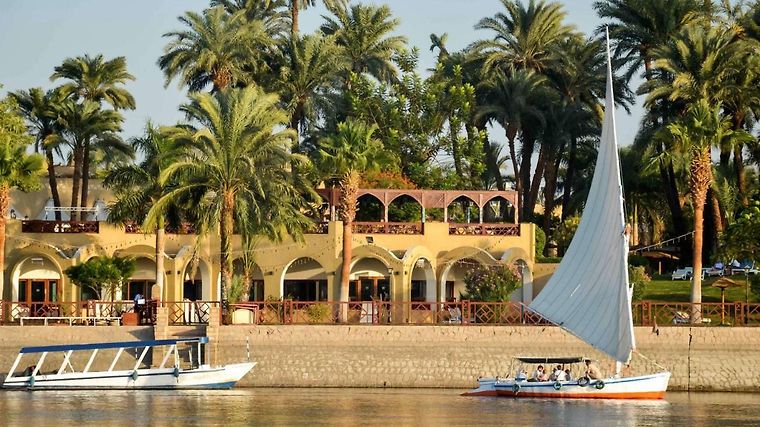
Mercure Luxor Karnak
RESTAURANTS
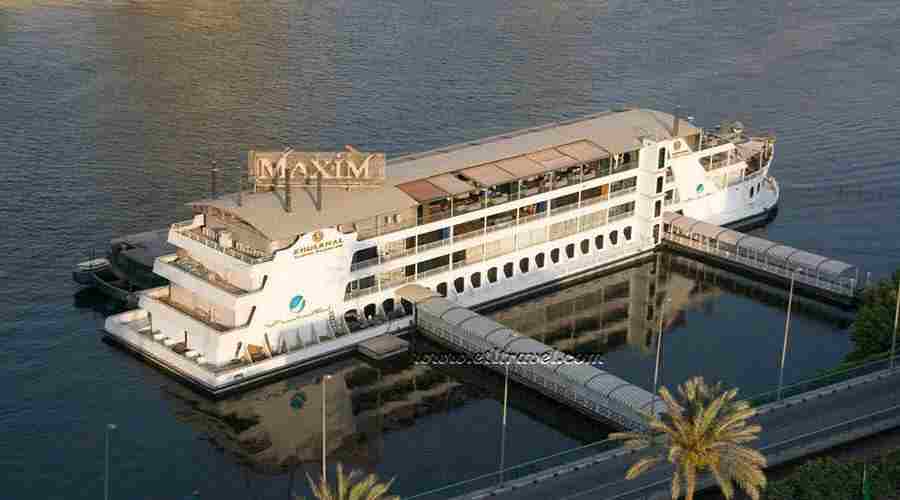
Nile Maxim Floating Restaurant

Sofra Restaurant
